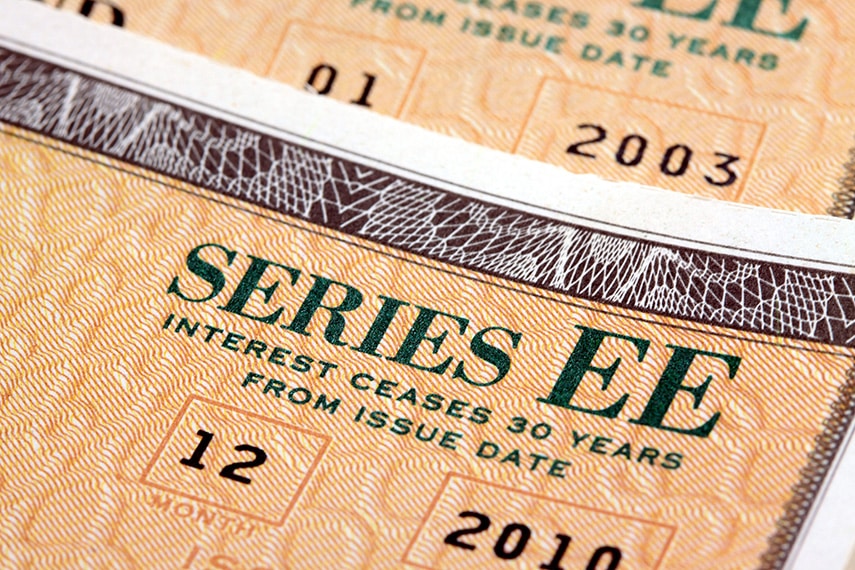6 Indicators of a Potential Recession
It seems that in the media today there are more and more mentions of the dreaded R-word: recession With growing economic uncertainty, the threat of potential recession seems to be growing as...
Economy

For decades the United States has benefited from the dollar being the world’s reserve currency. That has allowed the Federal Reserve System to inflate the money supply and the federal government to issue debt at levels they otherwise would not have been able to get away with. With a ready market for US Treasury debt, foreign nations have long propped up the US government’s runaway spending. But if they start to get tired of subsidizing the United States’ profligate spending, that entire house of cards could come crashing down in a hurry, spelling disaster for the dollar.
While foreigners have increased their holdings of US debt in nominal terms, their holdings make up a smaller percentage of their overall assets now than they have in the past. And with foreign interest in Treasury auctions continuing to wane, it appears clear that foreign holders of Treasury debt won’t put up with the exponential growth in US debt issuance.
With a national debt that now exceeds $22 trillion, the US government has long expected others to foot the bill for its spending. But it can only issue debt as long as it finds willing buyers. If investors aren’t willing to buy Treasury debt than the government has no choice but to raise interest rates to try to entice buyers. That would add to the already enormous interest expense that the Treasury owes, which is about to rival the amount of money the government spends on the military.
More debt, higher interest rates, and more interest expense will only continue to slow the economy and burden taxpayers. Every dollar borrowed is a dollar that must be paid back at some point. And since the government seems intent on never paying down its debt through raising taxes, it will attempt to reduce its debt obligations by continuing to debase the dollar, repaying its creditors with money that grows more and more worthless by the day.
For investors who hold cash, stocks, and bonds, the relentless weakening of the dollar will slowly erode their financial positions. Cash is already a losing investment due to inflation, but stocks and bonds aren’t much better either. Overall returns of stock markets have been less than 5% per year this millennium, which when you factor in the real rate of inflation (not the deliberately manipulated CPI) means that in many years investors in stock markets are seeing negative real returns. Is it any wonder then that so many investors are bearish about the future of markets and the economy?
With debt growing every day, foreigners increasingly spurning the dollar, and the economy about to plunge back into recession, more and more investors are moving their assets into gold. Gold is the one asset that can protect investors’ assets against inflation, recession, and financial turmoil. And if it gains in price the same way it did during the last financial crisis those who invest in gold now will be rewarded with handsome portfolio gains.

